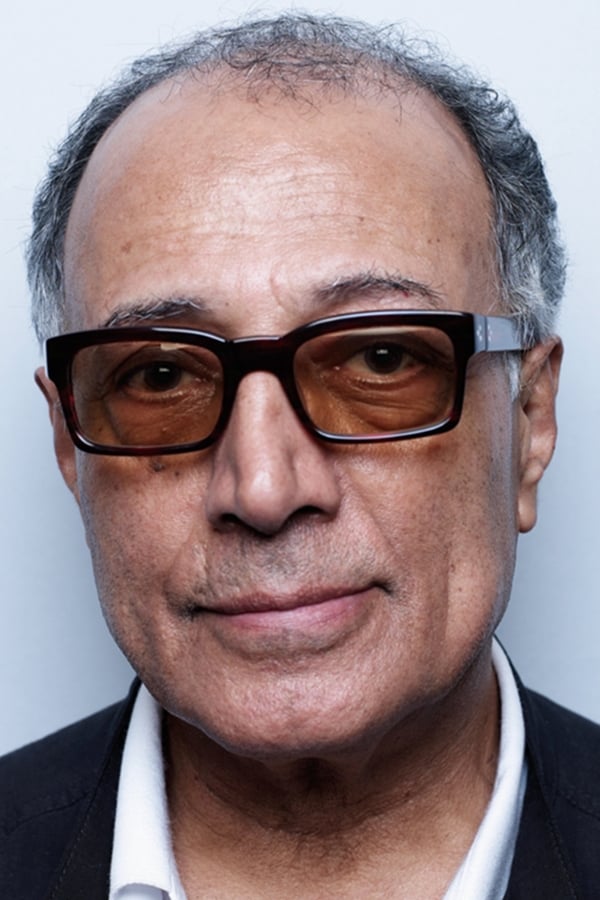

Ali Dehbashi, the editor-in-chief of Bukhara Magazine, is forced to vacate his rented office. While struggling with asthma and the pressure of publishing a special issue dedicated to Ferdowsi, he continues to honor artists and visit ailing cultural figures. Homeless and unwell, his devotion to Iran’s literary legacy keeps him going.
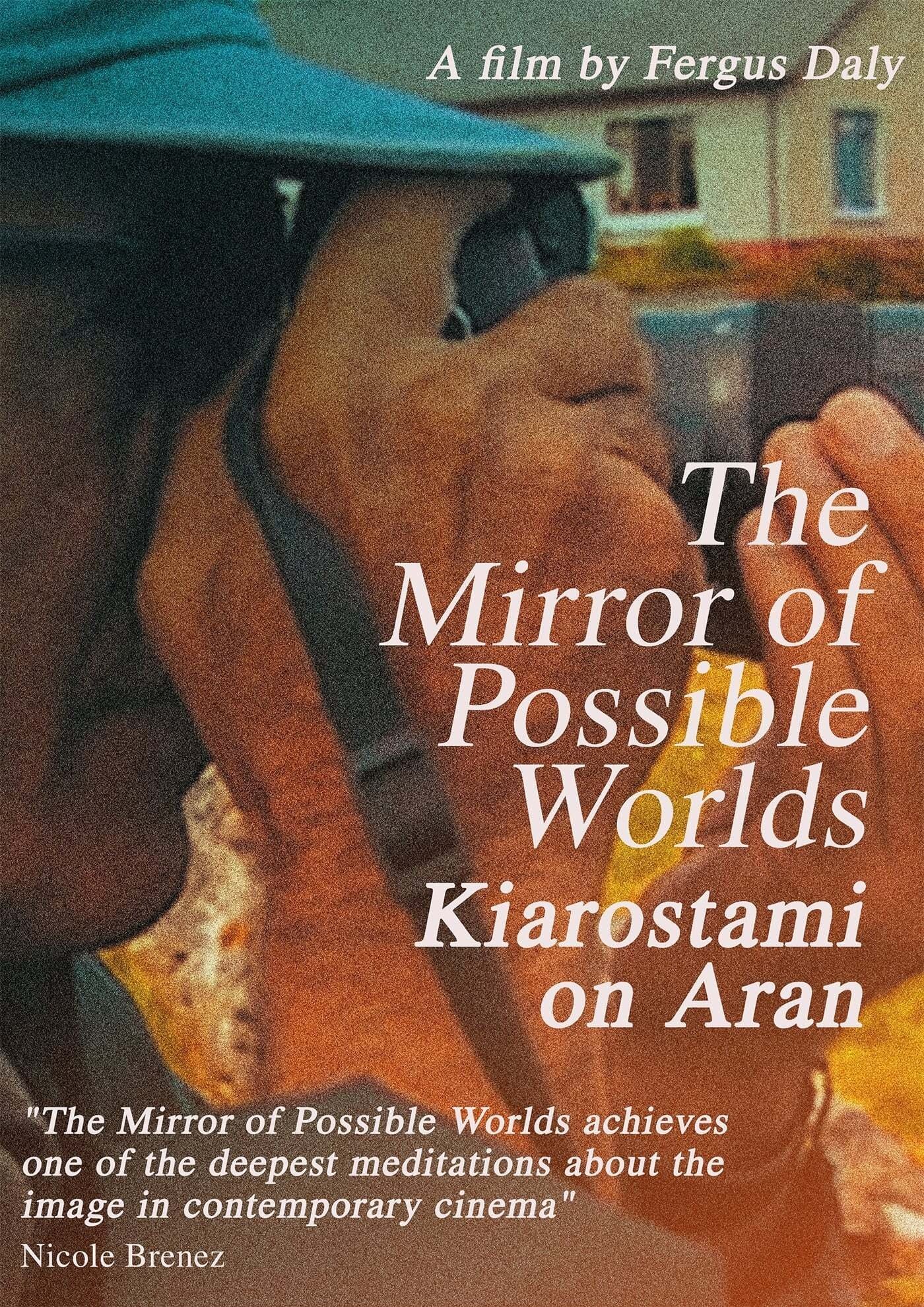
“Nature, the inexhaustible resource of encounters worthy of speechless communication,” declares Abbas Kiarostami in Fergus Daly’s beautiful journey. How can cinema free itself of its anthropocentric and industrial determinations? Each of the films presented here offers a solution, be it iconographic or technical, whether it involves renewing a representation or producing one’s own film reels, dancing with one’s whole body with nature as one’s partner or imagining a sound as animals might perceive it.
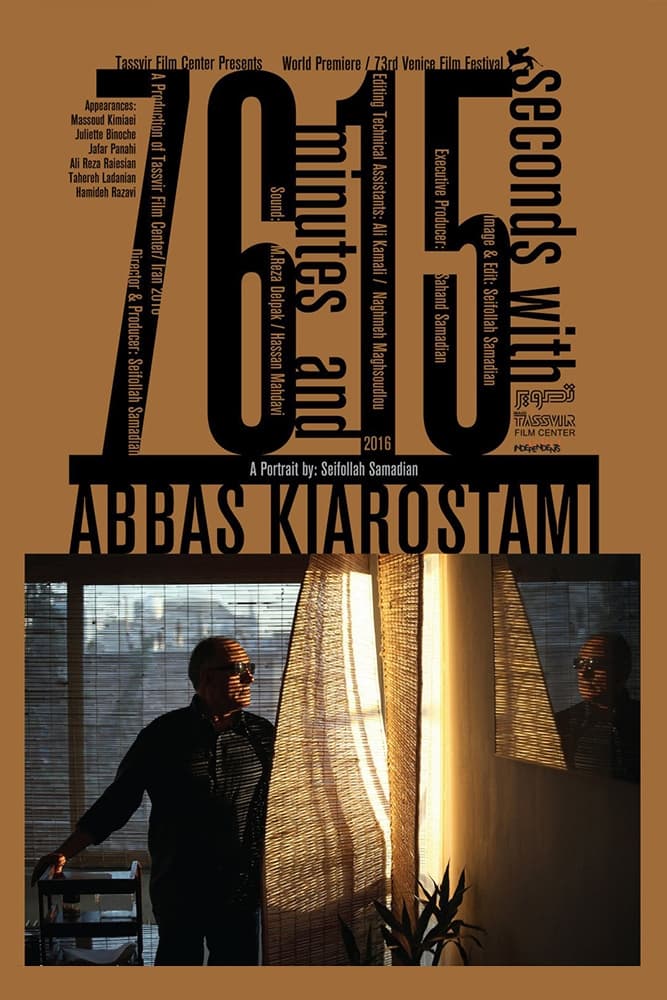
Kiarostami as we have never really known him before, despite the transformative power of his many movies. Filmmaker and close friend Samadian avoids the talking heads of so many artistic memoirs to offer more candid clips of Kiarostami the man: lover of poetry, convivial with friends, engaging landscapes on and off screen, laughing with other artists. The artist and visionary emerges more clearly but so does a loving, wondrous man whom we will miss now as much as the auteur.
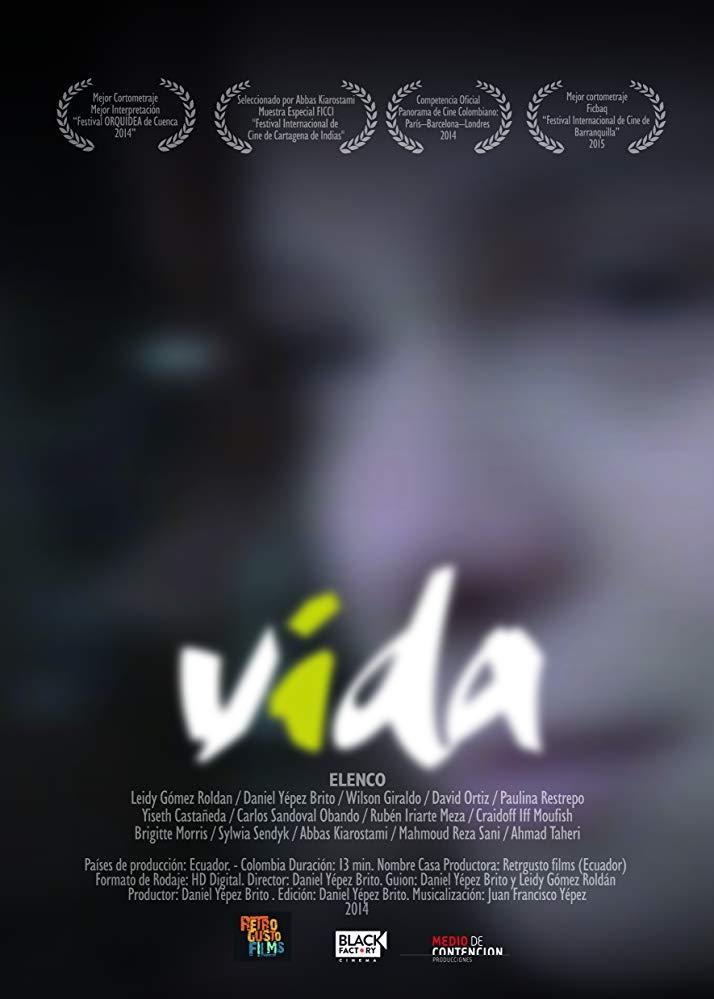
Acclaimed Iranian film director Abbas Kiarostami, delivers a film workshop in Bogotá, the filmmakers conclude by proposing a short film in 10 days. Diego, one of the directors of the workshop, as scouting, meets a young shy librarian named Vida , who dreams of being an actress.
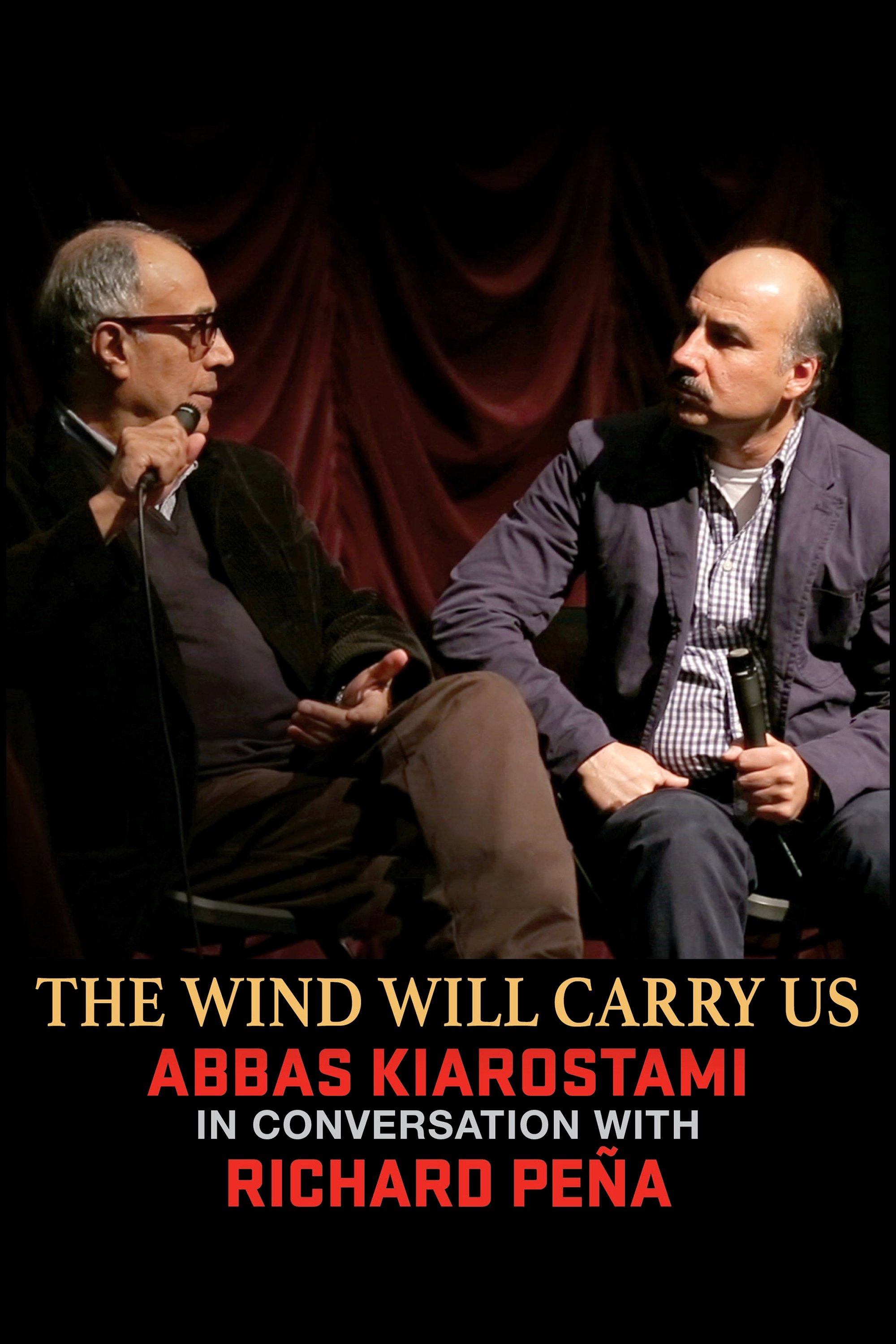
Onstage interview with filmmaker Abbas Kiarostami and Richard Richard Peña

Using the words and ideas of great filmmakers, from archival interviews with Alfred Hitchcock and Robert Bresson to new interviews with Mike Leigh, David Lynch, and Jonas Mekas, Oscar-winning filmmaker Chuck Workman shows what these filmmakers and others do that can't be expressed in words - but only in cinema.
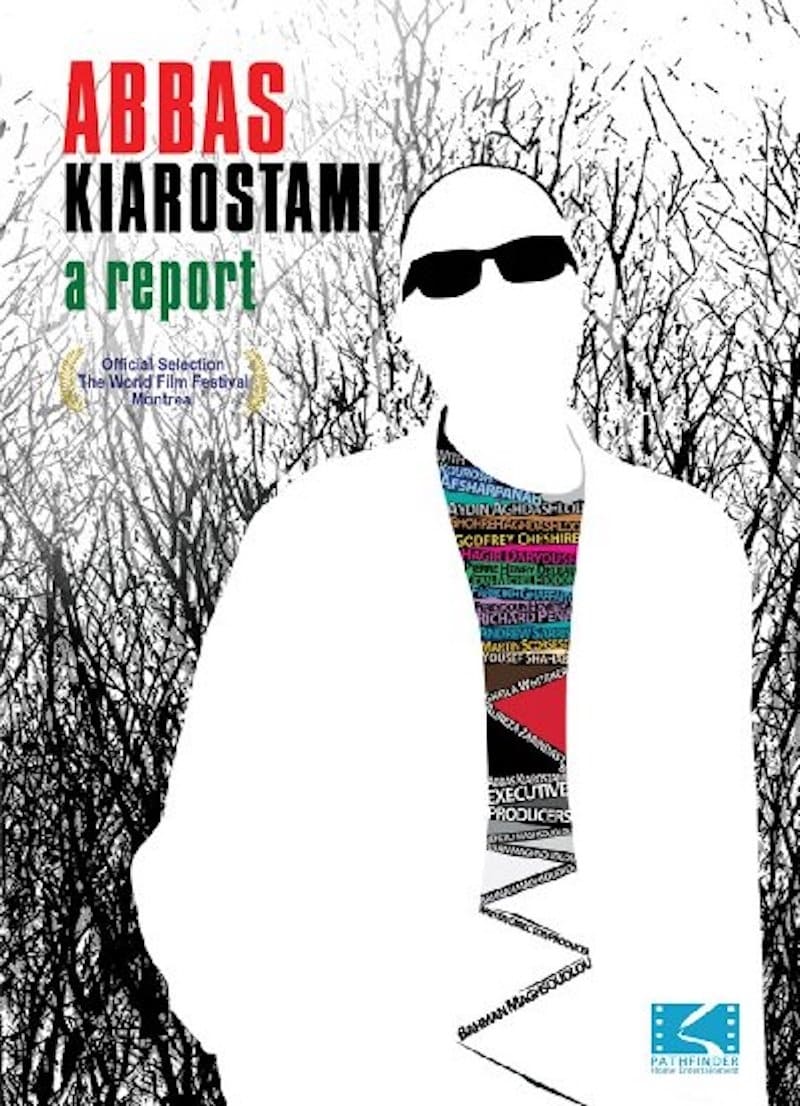
A look at the formation of the career of Iranian filmmaker Abbas Kiarostami.
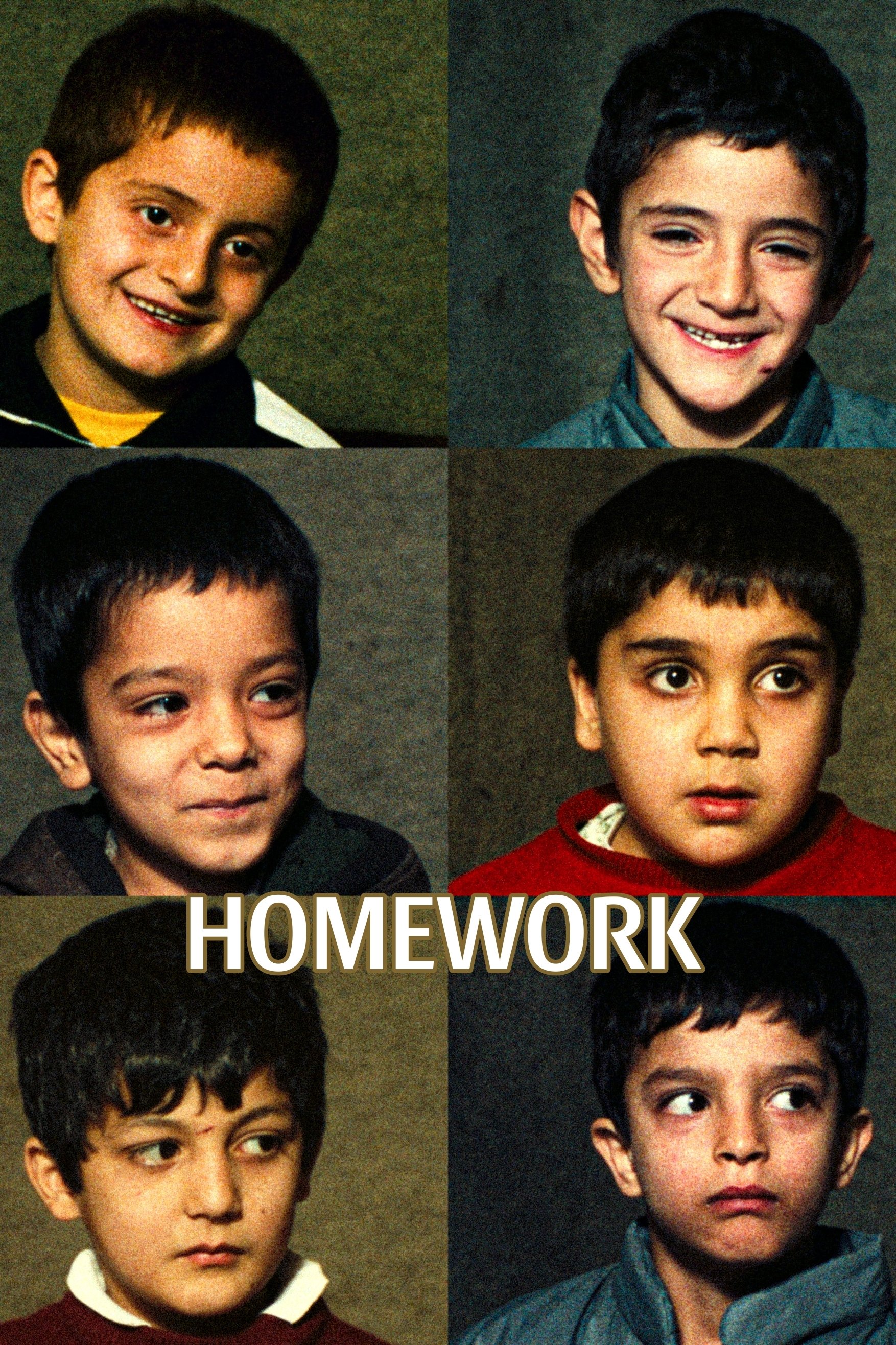
Young male students at a local Iranian school are asked about their feelings on homework.
Abbas Kiarostami (Persian: عباس کیارستمی [ʔæbˌbɒːs kijɒːɾostæˈmi] ; 22 June 1940 – 4 July 2016) was an Iranian film director, screenwriter, poet, photographer, and film producer. An active filmmaker from 1970, Kiarostami had been involved in the production of over forty films, including shorts and documentaries. Kiarostami attained critical acclaim for directing the Koker trilogy (1987–1994), Close-Up (1990), The Wind Will Carry Us (1999), and Taste of Cherry (1997), which was awarded the Palme d'Or at the Cannes Film Festival that year. In later works, Certified Copy (2010) and Like Someone in Love (2012), he filmed for the first time outside Iran: in Italy and Japan, respectively. His films Where Is the Friend's Home? (1987), Close-Up, and The Wind Will Carry Us were ranked among the 100 best foreign films in a 2018 critics' poll by BBC Culture. Close-Up was also ranked one of the 50 greatest movies of all time in the famous decennial Sight & Sound poll conducted in 2012. Kiarostami had worked extensively as a screenwriter, film editor, art director, and producer and had designed credit titles and publicity material. He was also a poet, photographer, painter, illustrator, and graphic designer. He was part of a generation of filmmakers in the Iranian New Wave, a Persian cinema movement that started in the late 1960s and emphasized the use of poetic dialogue and allegorical storytelling dealing with political and philosophical issues. Kiarostami had a reputation for using child protagonists, for documentary-style narrative films, for stories that take place in rural villages, and for conversations that unfold inside cars, using stationary mounted cameras. He is also known for his use of Persian poetry in the dialogue, titles, and themes of his films. Kiarostami's films contain a notable degree of ambiguity, an unusual mixture of simplicity and complexity, and often a mix of fictional and documentary elements. The concepts of change and continuity, in addition to the themes of life and death, play a major role in Kiarostami's works. Description above from the Wikipedia article Abbas Kiarostami, licensed under CC-BY-SA, full list of contributors on Wikipedia.
By browsing this website, you accept our cookies policy.